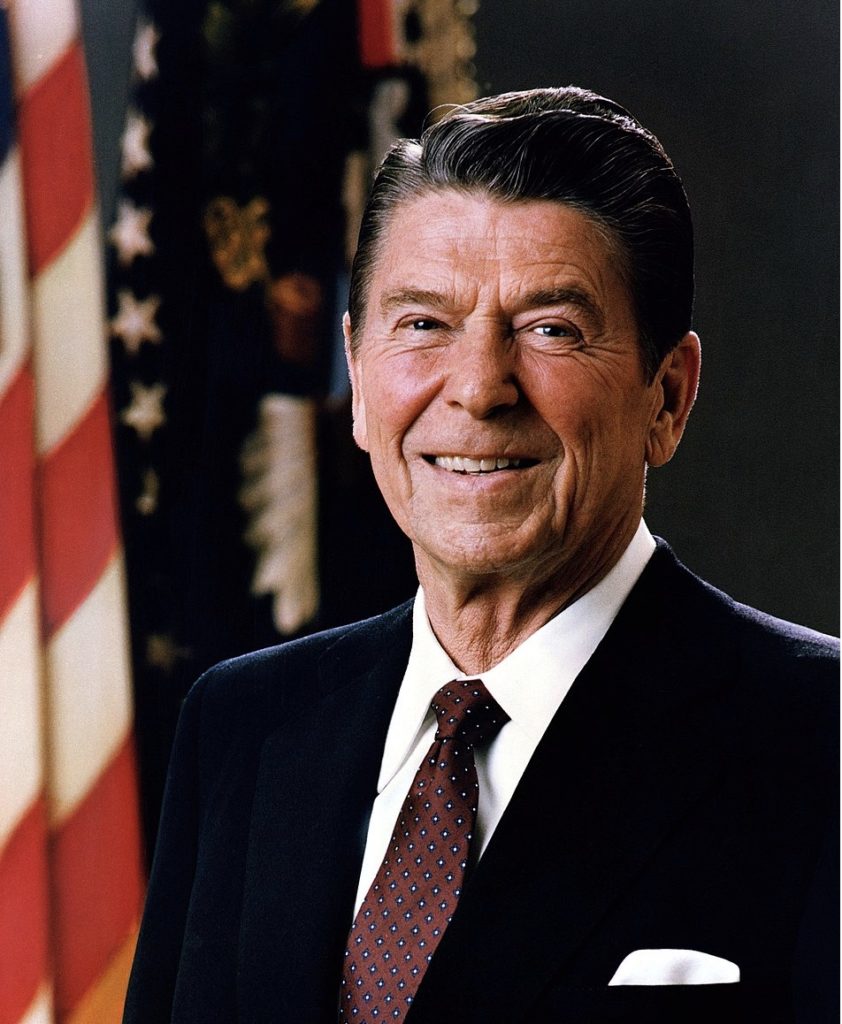Absolutely! Debating is a learned skill. Of course, having a high intelligence and a depth of knowledge is an advantage, but a smart person who hasn’t honed a debating skill could be beaten easily in a debate with a less intelligent opponent who understands some fundamental techniques. Here are some examples of debating principles that you will observe in political debates such as those between two presidential candidates.
• Move the topic of discussion into an area where you have extensive knowledge and where your opponent is weak. Pivot away from areas where your knowledge base is weak.
In the presidential debate of 1976 between Jimmy Carter and Gerald Ford, Ford stated, “There is no Soviet domination of Eastern Europe, and there never will be under a Ford administration.” He further insisted that the Yugoslavians, Romanians, and Poles didn’t consider themselves dominated by the Soviets. Candidate Gerald Ford was perceived to be unaware of the realities of Eastern Europe and this was a factor in his losing the election. However, if Ford had anticipated questions on Eastern Europe and studied this topic, he could have impressed the audience by quoting detailed statistics on the extent of the domination and its effect on the GDP of those countries and his general plans for the resolution of the problem.
• Use questions to put your opponent on the defensive. For example, in a future presidential debate, a skilled debater will anticipate questions on global warming. If the opponent says, “I will follow the science,” you ask, “What science are you following?” At this point, your opponent is on the defensive. You’ve done your research, so you know how to respond to his or her possible answers. The science is complicated, and knowing all the different viewpoints offers you a special advantage.
• Most people are more visceral than rational. You must win their hearts to win their support. Humility and humor are key. In his speech at the Continental Convention, Ben Franklin moved the delegates from discord to harmony, using his wisdom and his understanding of human nature. He understood the persuasiveness of confessing fallibility to encourage others to acknowledge the limits of their own perceptions. He had expressed this understanding in an aphorism he had written in Poor Richard’s Almanack 4 decades earlier, “None but the well-bred man knows how to confess a fault or acknowledge himself in an error.” Although Donald Trump had some perceptive insights, his self-promotion generated so much antipathy among many, that they could hardly listen to what he was saying. A show of overt ego, rather than disciplined confidence, on the part of a debater alienates an audience.

Ronald Reagan, often characterized as “the great communicator,” had an uncanny ability to win the hearts of the audience by using humility and humor. Anticipating that his advanced age would be used against him in his debate during the 1984 presidential debate with Walter Mondale, he waited for his opportunity and said, “I want you to know also that I will not make age an issue in this campaign. I am not going to exploit for political purposes my opponent’s youth and inexperience.” The audience exploded in laughter at Reagan’s self-deprecating humor and this won him the audience.
Yet the techniques of great debates are not recent visitors to the intellectual arena. In an oft-told anecdote, Leonhard Euler, considered the mathematician par excellence in Europe, was tutoring Catherine the Great in mathematics, when she bitterly complained that the esteemed French philosopher, Denis Diderot was converting Russians to atheism. Euler challenged Diderot to a public theological debate. In full view of all the courtiers, Euler, announcing that he had an algebraic proof of the existence of God, said, “Sir, (a+b^n)/x = n, hence God exists; reply!”
Diderot, who had a limited knowledge of algebra was speechless. Embarrassed and unable to respond, he left Russia for Paris. So, the moral of this story is to pour yourself into the art of debate and dig deeply into the issues, and your intelligence will shine through.
